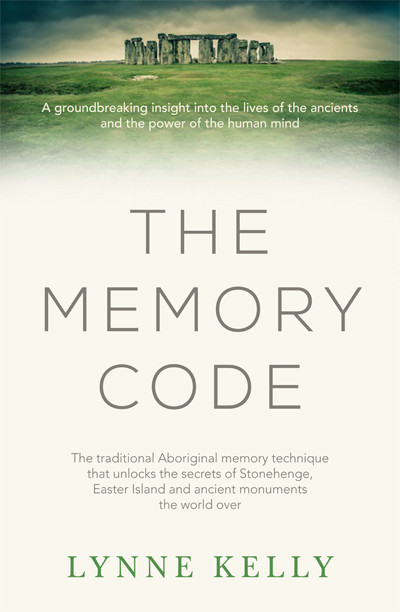What do you think?
Rate this book


318 pages, Paperback
Published July 1, 2016

Interpretations come in cycles, which often reflect the cultural background of the period: feminism, Freudianism, materialsm, etc. Current interpretations, therefore, have more to do with the time we live in than with the Neolithic.
Such ordered structures are perfectly suited to memory locations... [two paragraphs later] The large stones were separated by distances averaging about eight metres, perfect for a set of memory locations.